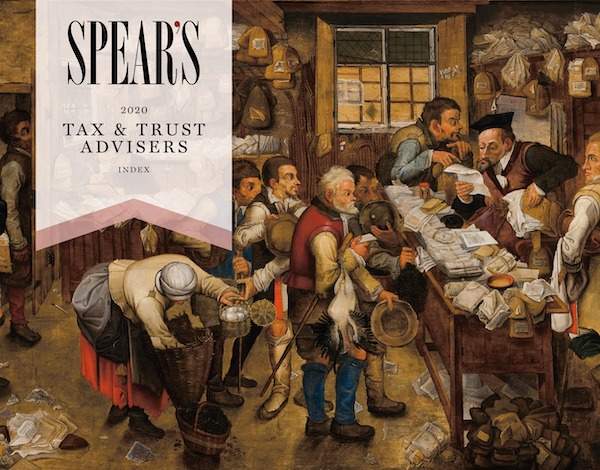
Ceris Gardner and Alice Wheatley decipher HMRC’s latest figures on the UK’s non-doms
In July, HMRC released new statistics of nondomiciled taxpayers residing in the UK. The numbers explore the peaks and troughs of non-doms throughout the tax years 2007/08 to 2018/19.
These figures take us up to April 2019, which means the effect of last December’s general election, Brexit and the Covid-19 pandemic are yet to filter through. Is there truth in the rumour that the UK has lost its appeal to wealthy non-doms; whether those already in the UK or considering their options of where to move to?
On HMRC’s numbers alone, it may well seem that way. The number of non-dom taxpayers dipped by almost 35 per cent between 2015 and 2018, with tax revenue falling by £2 billion to £5.9 billion. However, when viewed against the history of the UK’s non-dom regime, the numbers are rather less enlightening.
This is because new tax laws introduced in April 2017 led to a large proportion of non-doms becoming ‘deemed domiciled’ under the ‘15 out of 20-year’ rule. These individuals may not have relocated (as the numbers suggest); they may have merely been re-categorised.
On the basis that deemed domiciled individuals are expected to pay tax on their worldwide assets, the exchequer may not strictly have been out of pocket to the tune of £2 billion.
In addition, this figure solely reflects direct tax revenue and does not include the significant contribution non-doms make to the UK economy as a whole via indirect taxes and significant UK spending. There has been a huge increase in global mobility in recent years, and a sense that moving to a more stable country has become even more appealing as a result of the huge restrictions on mobility imposed on people by Covid-19.
In a recent survey by Knight Frank, one in four international homebuyers said they were more likely to move home in the next 12 months as a result of the pandemic, with the UK, Spain and France topping the destination list.
For the most part, our non-dom clients still feel that the UK remains a stable and desirable country in which to live. Indeed, in some cases clients have gone so far as to window-shop other jurisdictions only to find them wanting.
It is clear that the statistics alone do not necessarily paint an accurate picture of whether the UK is holding on to its wealthy non-doms or attracting new ones.
Ceris Gardner is partner and head of charities and immigration at Maurice Turnor Gardner, where Alice Wheatley is a trainee
Read more
The ‘sanctuary for global wealth’ that you’ve (probably) never heard of
The Spear’s Tax & Trust Advisers Index
Tax & Trust comment: ‘Don’t complain about the new order’






